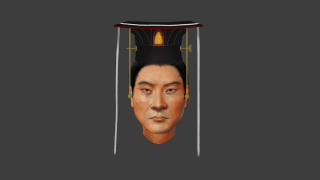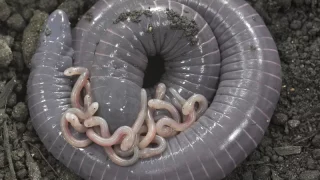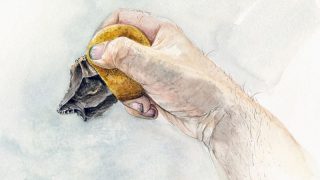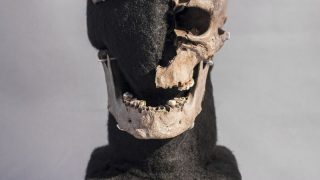
MI weekly selection #554
Fossils of 2 new mammal species clarify evolution’s path Teeth, ears and jaws of two newly identified mammal species could help scientists understand mammals’ evolution from crocodilians, dinosaurs and lizards. Specimens of Feredocodon chowi, mouse-size members of the family shuotheriids from the Jurassic period, have molars more like reptiles than modern mammals, and the middle […]








